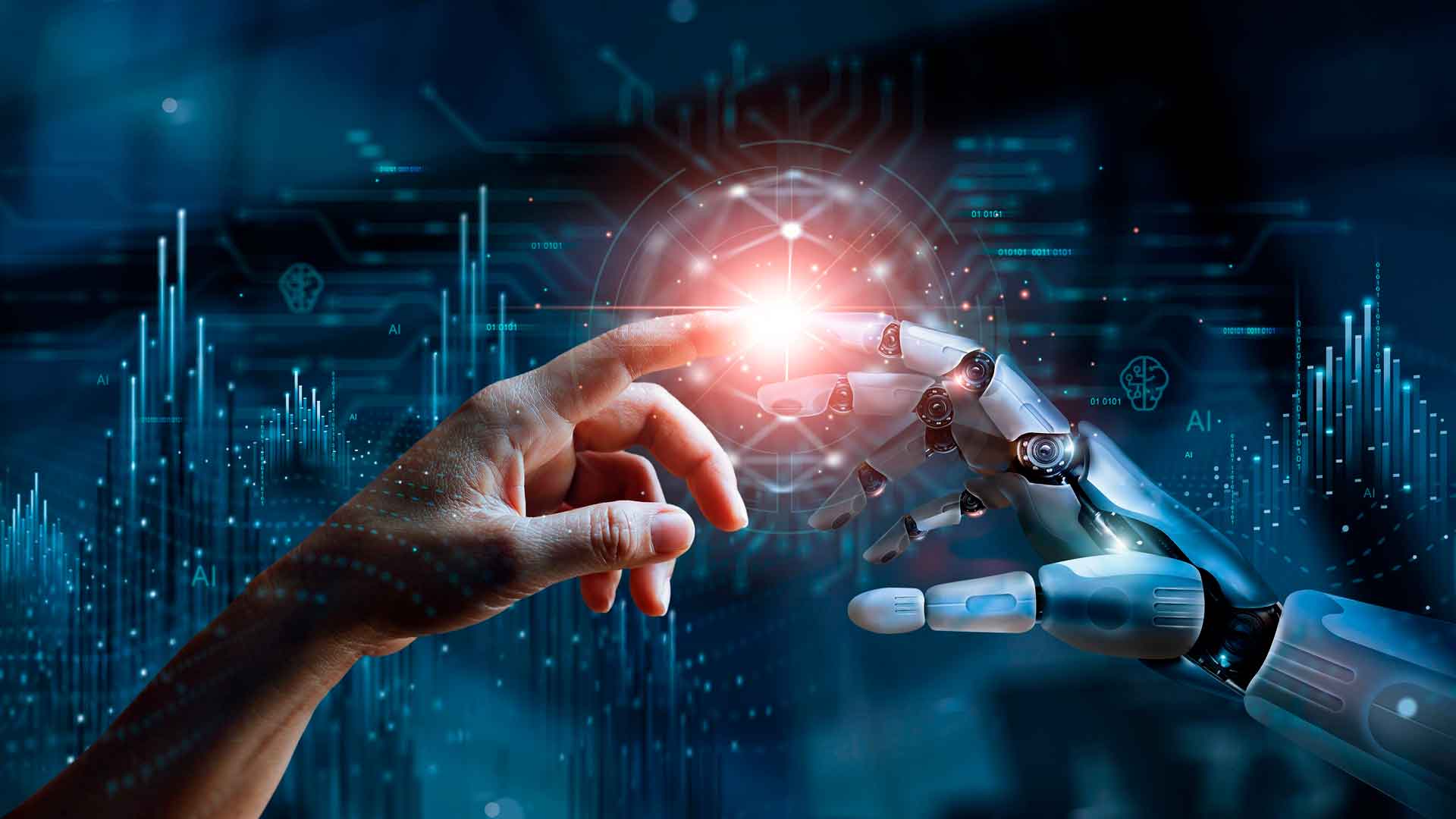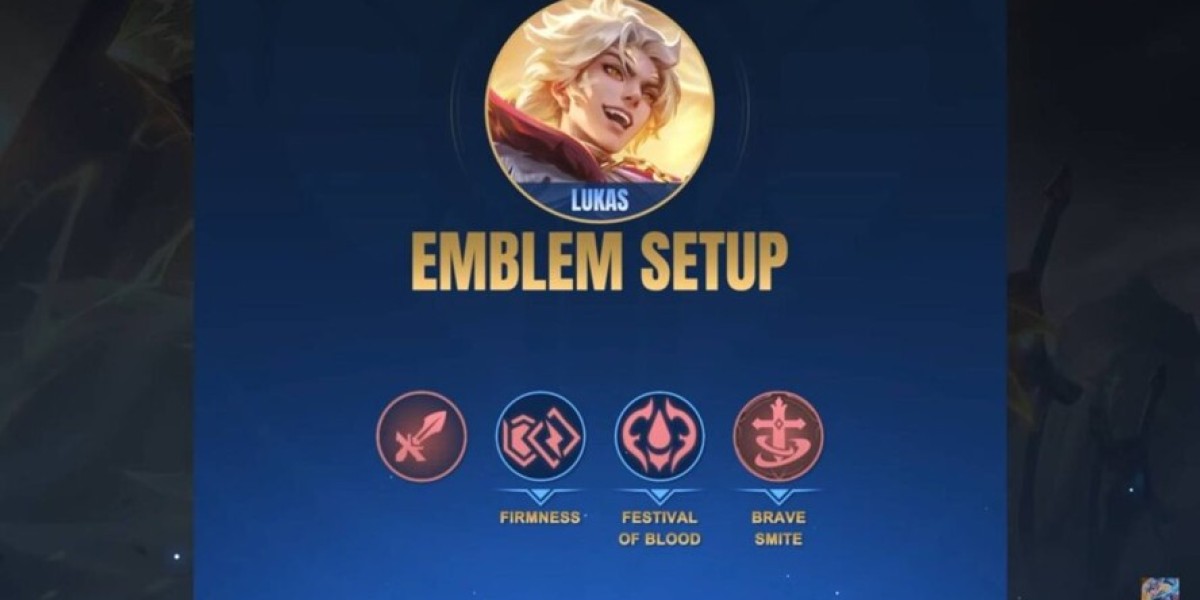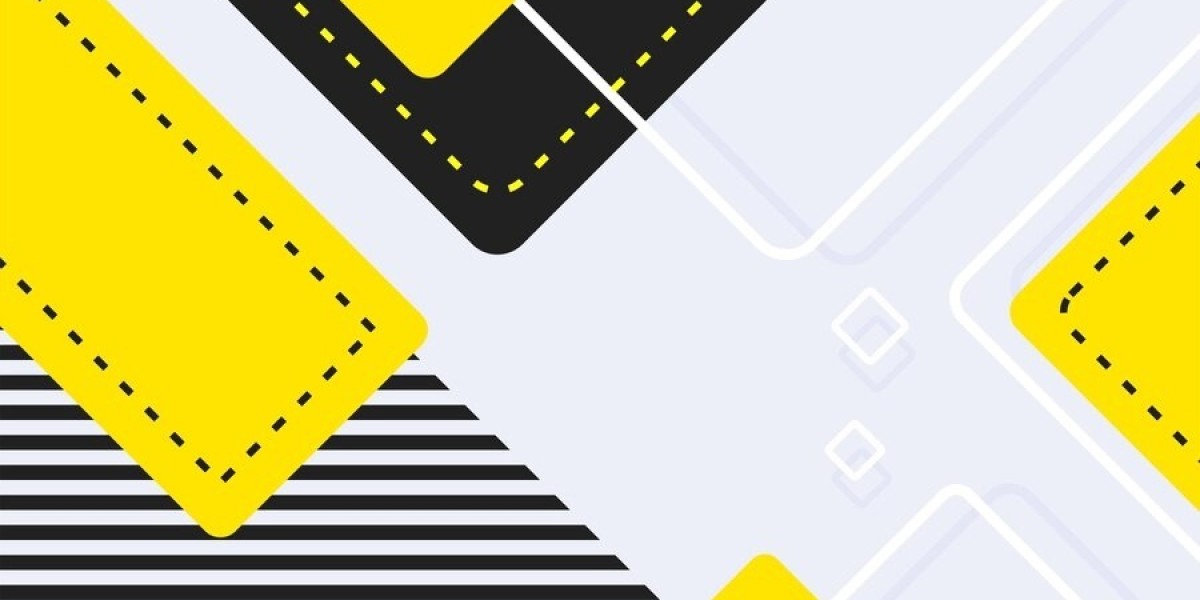For Christmas I got an intriguing present from a good friend - my very own "very popular" book.
"Tech-Splaining for Dummies" (fantastic title) bears my name and my picture on its cover, and it has radiant reviews.
Yet it was entirely written by AI, wiki-tb-service.com with a few basic triggers about me supplied by my buddy Janet.
It's a fascinating read, and uproarious in parts. But it likewise meanders rather a lot, and is somewhere in between a self-help book and a stream of anecdotes.

It simulates my chatty style of writing, however it's likewise a bit recurring, and extremely verbose. It may have surpassed Janet's triggers in collating data about me.
Several sentences begin "as a leading innovation journalist ..." - cringe - which might have been scraped from an online bio.
There's also a mystical, repeated hallucination in the kind of my feline (I have no animals). And there's a metaphor on nearly every page - some more random than others.
There are lots of business online offering AI-book composing services. My book was from BookByAnyone.
When I got in touch with the president Adir Mashiach, based in Israel, he told me he had offered around 150,000 personalised books, mainly in the US, considering that rotating from putting together AI-generated travel guides in June 2024.
A paperback copy of your own 240-page long best-seller costs ₤ 26. The firm uses its own AI tools to generate them, based on an open source big language model.
I'm not asking you to buy my book. Actually you can't - just Janet, who created it, can buy any more copies.
There is currently no barrier to anybody developing one in any person's name, consisting of celebs - although Mr Mashiach says there are guardrails around abusive content. Each book consists of a printed disclaimer stating that it is fictional, produced by AI, and created "exclusively to bring humour and delight".

Legally, the copyright comes from the firm, but Mr Mashiach worries that the product is meant as a "personalised gag gift", and the books do not get offered further.
He wishes to broaden his variety, creating various categories such as sci-fi, and possibly offering an autobiography service. It's created to be a light-hearted kind of consumer AI - selling AI-generated products to human clients.
It's also a bit frightening if, like me, you compose for a living. Not least since it most likely took less than a minute to generate, and it does, definitely in some parts, online-learning-initiative.org sound simply like me.
Musicians, authors, artists and actors worldwide have actually revealed alarm about their work being used to train generative AI tools that then churn out comparable content based upon it.
"We need to be clear, when we are speaking about information here, we in fact mean human creators' life works," says Ed Newton Rex, founder of Fairly Trained, which campaigns for AI companies to respect developers' rights.
"This is books, this is posts, this is pictures. It's works of art. It's records ... The entire point of AI training is to discover how to do something and after that do more like that."

In 2023 a song including AI-generated voices of Canadian singers Drake and The Weeknd went viral on social networks before being pulled from streaming platforms since it was not their work and they had actually not consented to it. It didn't stop the track's developer trying to choose it for a Grammy award. And despite the fact that the artists were fake, it was still wildly popular.
"I do not think using generative AI for innovative functions need to be prohibited, but I do believe that generative AI for these purposes that is trained on individuals's work without consent must be prohibited," Mr Newton Rex adds. "AI can be really powerful however let's build it ethically and fairly."
OpenAI states Chinese rivals utilizing its work for their AI apps
DeepSeek: The Chinese AI app that has the world talking
China's DeepSeek AI shakes industry and damages America's swagger
In the UK some organisations - consisting of the BBC - have actually selected to block AI developers from trawling their online material for training functions. Others have decided to collaborate - the Financial Times has actually partnered with ChatGPT creator OpenAI for example.
The UK government is thinking about an overhaul of the law that would permit AI developers to utilize developers' material on the web to help establish their models, unless the rights holders pull out.
Ed Newton Rex explains this as "insanity".
He mentions that AI can make advances in locations like defence, health care and logistics without trawling the work of authors, journalists and artists.
"All of these things work without going and changing copyright law and messing up the incomes of the country's creatives," he argues.
Baroness Kidron, a crossbench peer in the House of Lords, is likewise strongly versus removing copyright law for AI.
"Creative industries are wealth developers, 2.4 million jobs and an entire lot of pleasure," says the Baroness, who is also a consultant to the Institute for Ethics in AI at Oxford University.
"The government is undermining among its finest performing industries on the unclear guarantee of growth."
A government representative said: "No relocation will be made till we are definitely confident we have a practical plan that provides each of our goals: increased control for best holders to assist them certify their material, access to premium product to train leading AI models in the UK, and more transparency for right holders from AI designers."
Under the UK federal government's new AI plan, a nationwide data library containing public information from a vast array of sources will likewise be provided to AI researchers.
In the US the future of federal rules to manage AI is now up in the air following President Trump's go back to the presidency.
In 2023 Biden signed an executive order that aimed to enhance the security of AI with, among other things, companies in the sector needed to share information of the operations of their systems with the US federal government before they are released.
But this has now been reversed by Trump. It stays to be seen what Trump will do rather, however he is said to want the AI sector to deal with less guideline.
This comes as a number of lawsuits against AI companies, and particularly against OpenAI, continue in the US. They have actually been secured by everyone from the New york city Times to authors, music labels, and even a comedian.
They claim that the AI companies broke the law when they took their material from the internet without their consent, and used it to train their systems.

The AI business argue that their actions fall under "fair usage" and are for that reason exempt. There are a number of factors which can constitute reasonable usage - it's not a straight-forward meaning. But the AI sector is under increasing analysis over how it collects training data and whether it ought to be paying for it.
If this wasn't all enough to consider, Chinese AI company DeepSeek has shaken the sector over the previous week. It ended up being one of the most downloaded complimentary app on Apple's US App Store.
DeepSeek declares that it established its technology for a fraction of the cost of the likes of OpenAI. Its success has raised security issues in the US, and threatens American's existing dominance of the sector.
When it comes to me and a profession as an author, I think that at the moment, if I really desire a "bestseller" I'll still need to write it myself. If anything, Tech-Splaining for Dummies highlights the existing weak point in generative AI tools for larger jobs. It has lots of inaccuracies and hallucinations, and it can be rather tough to check out in parts because it's so long-winded.
But provided how rapidly the tech is progressing, I'm not exactly sure the length of time I can remain confident that my significantly slower human writing and editing skills, are much better.

Sign up for our Tech Decoded newsletter to follow the biggest advancements in international technology, with analysis from BBC correspondents worldwide.
Outside the UK? Sign up here.







